19 Foods That Have High Protein
19 Foods That Have High Protein
You probably already know that protein is an essential macronutrient. It plays a crucial role in a long list of important bodily functions. Yet, understanding what it is and why it's so important can sometimes feel like a workout. That's why we're here to break it down for you.
Welcome to Factor, your no-nonsense guide to nutritious eating. We're committed to helping you hit your health goals by providing high-protein meals that are as delicious as they are beneficial. We're all about real food for real people achieving real results.
In this article, we’ll explore the top 19 foods that are high in protein. We'll delve into different types of protein foods, from plant-based options to animal-based ones, provide their protein content, and explain the potential health benefits of each option.
Why Is Protein Essential in Our Diet?
Protein is often referred to as the building block of the body, and for good reason. Every cell contains protein, from muscles and bones to skin and hair. It's vital for growth and repair, helping us to recover from injuries and workouts faster.
Speaking of working out, protein is king when it comes to muscle mass. It plays a key role in muscle growth and maintenance. Regular protein intake, especially after workouts, helps stimulate muscle protein synthesis, supporting muscle growth and helping to prevent muscle loss as we age.
But the role of protein doesn't stop there. It's also crucial for heart health and its function. For example, some proteins function as enzymes, catalyzing biochemical reactions that help maintain our heartbeat and blood pressure. Moreover, getting enough protein is a key part of maintaining a healthy diet. High-protein foods take more time to digest, metabolize, and use, so you burn more calories processing them. They also make you feel fuller for longer, reducing the likelihood of overeating.

How Much Protein Does Our Body Need?
The amount of protein your body needs depends on your age, sex, weight, and activity level. The general recommendation for protein intake is 0.8 grams of protein per kilogram of body weight for the average sedentary adult. However, people who are physically active or pregnant may need more protein.It's essential to note that protein needs can vary widely for different lifestyles and health conditions. For instance, athletes and people who engage in heavy physical activities may need to follow high-protein diets to support muscle repair and growth. Similarly, people with certain health conditions may require a higher or lower protein intake.
Given these variations, it's a good idea to consult a dietitian or a healthcare provider for personalized protein intake advice. They can help you determine your protein needs based on your unique circumstances.
What Are the Different Sources of Protein?
Protein comes in various forms and from different sources. Animal sources, such as red meat, poultry, fish, eggs, and dairy, are known for being high in protein. They provide all the essential amino acids, making them a complete protein source.
On the other hand, plant-based proteins, like legumes, seeds, nuts, and whole grains, are also excellent protein sources. While most plant proteins are not complete, combining different plant-based foods throughout the day can provide all the essential amino acids your body needs.
In addition to whole foods, supplements like whey protein powder can also help meet protein needs, especially for those who struggle to get enough protein through their diet. However, it's important to remember that supplements should not replace whole foods but rather complement a balanced diet.
The Top 19 Foods That Have High Protein
When it comes to high-protein foods, the options are vast and varied. From plant-based proteins to animal-based proteins, there's something for everyone. These protein-rich foods are not only tasty but also packed with other essential nutrients that support your overall health.
Whether you're a fitness enthusiast looking to build muscle, a busy professional trying to stay energized, or someone simply trying to maintain a healthy diet, these high-protein foods are your go-to options:
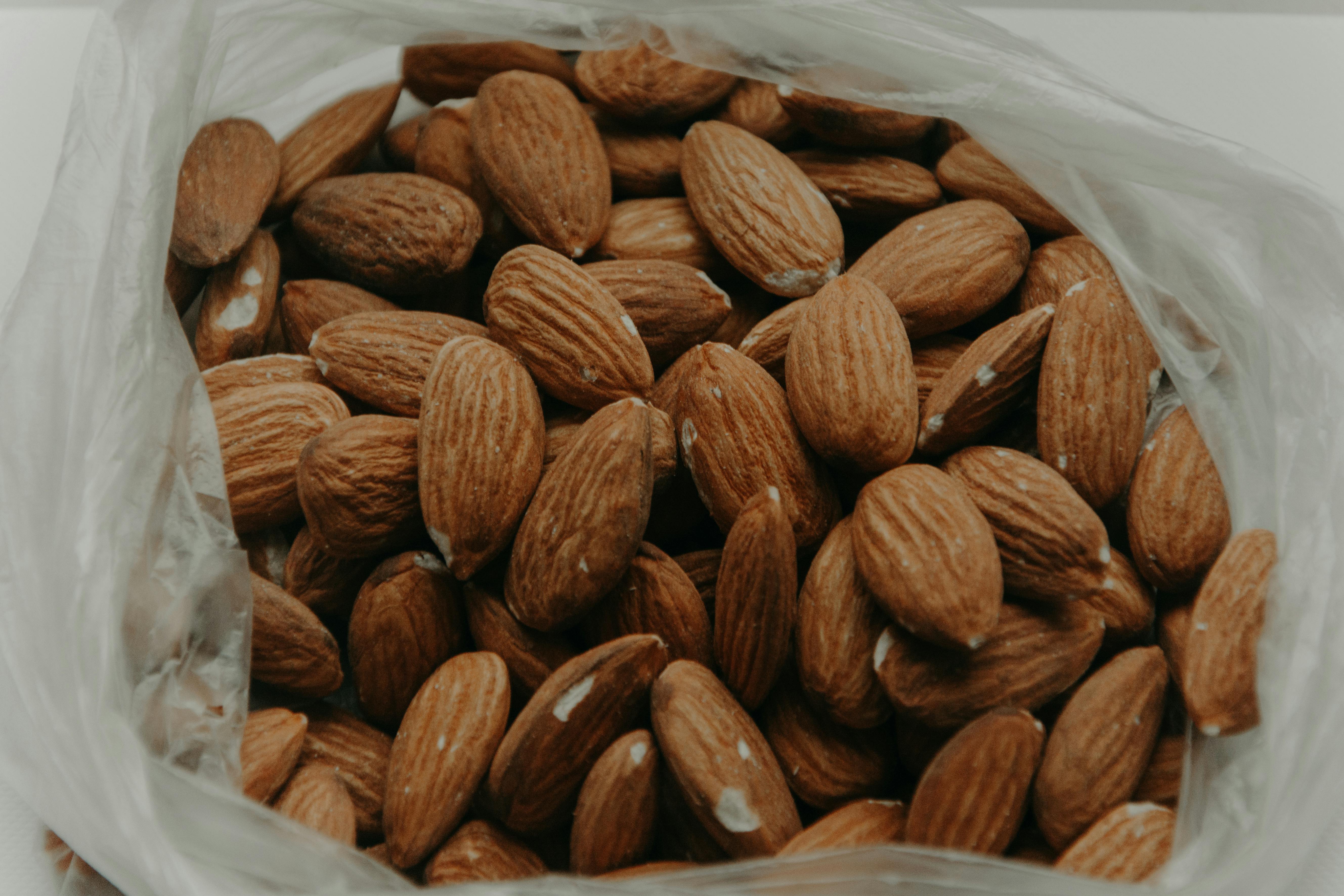
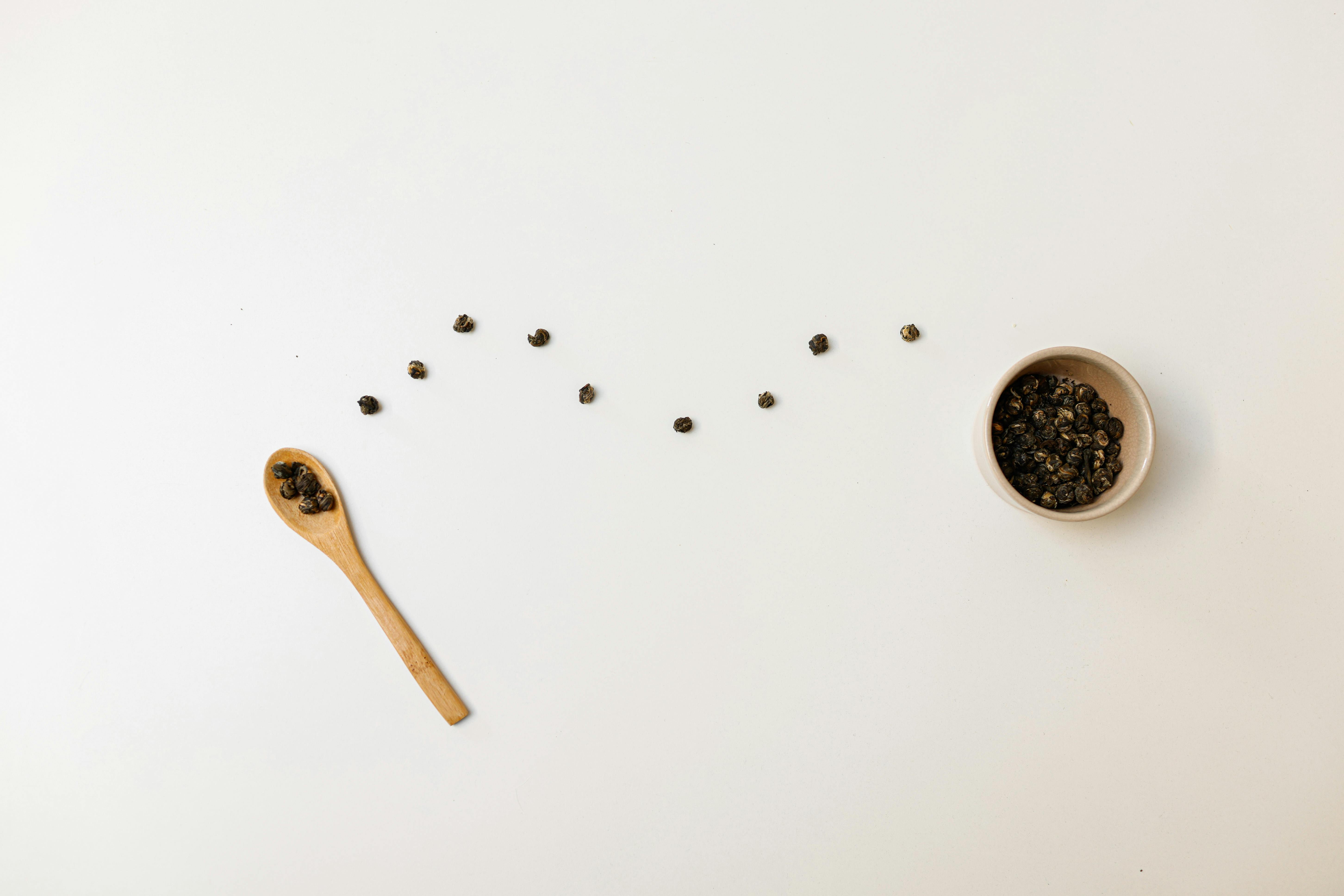
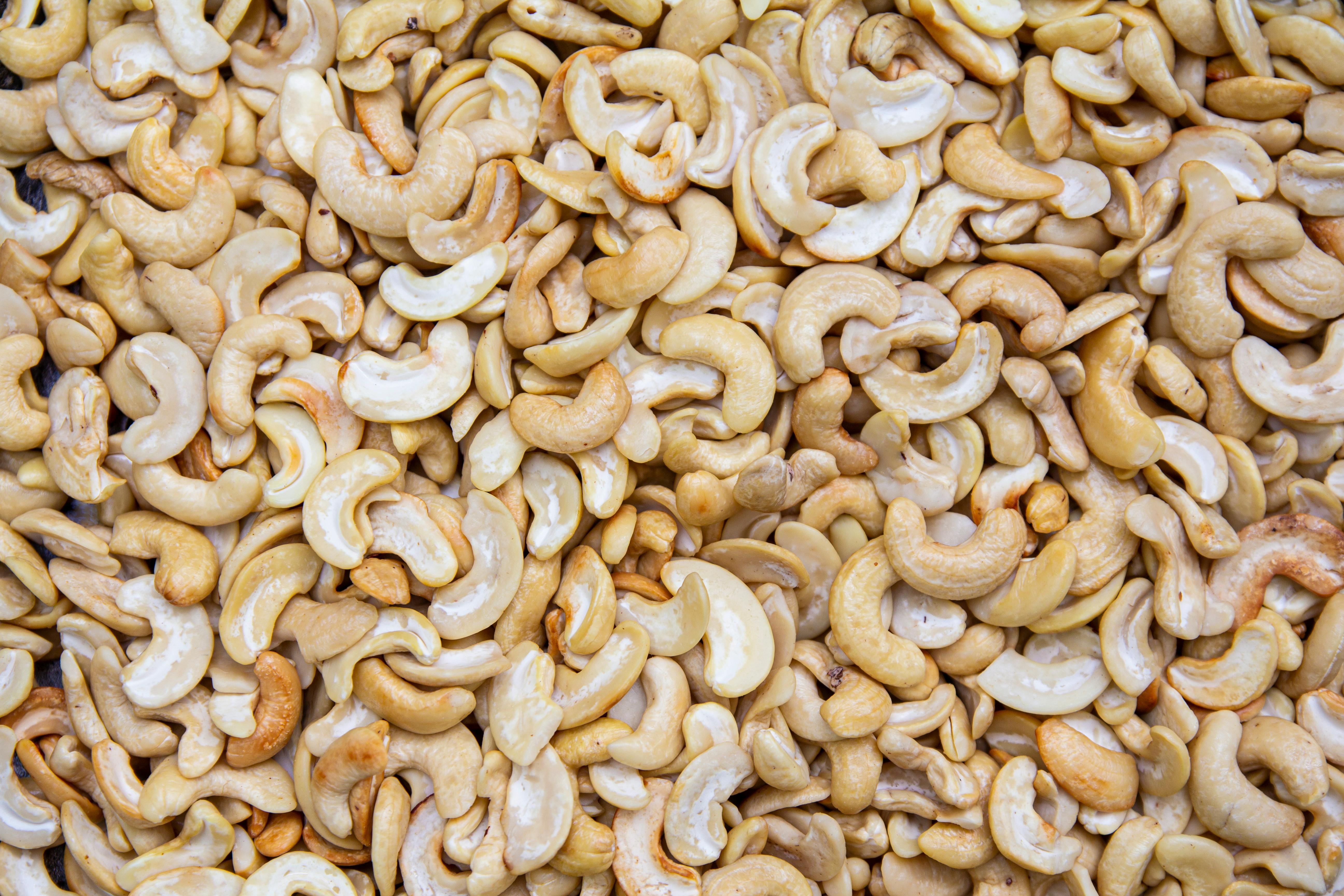



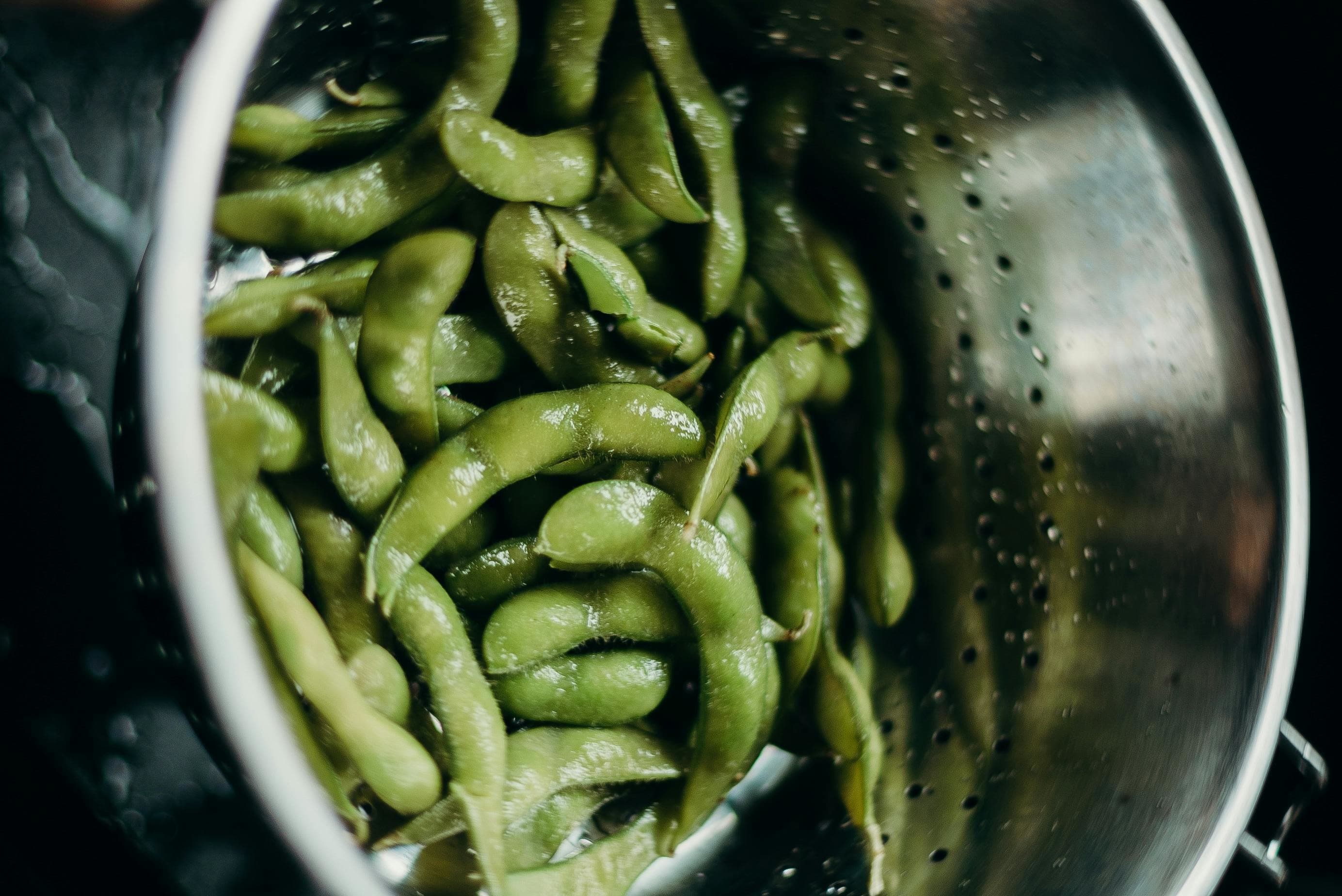

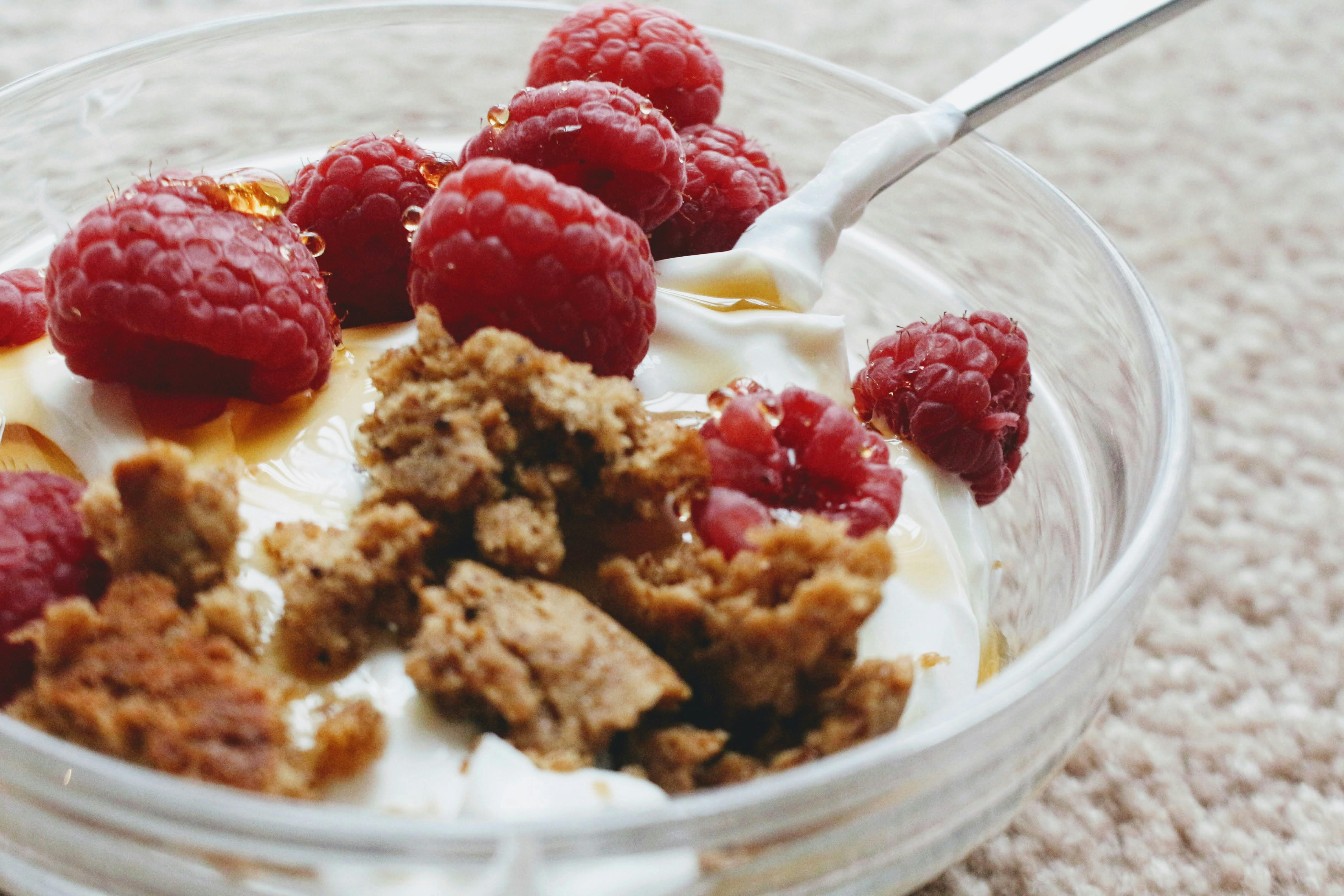
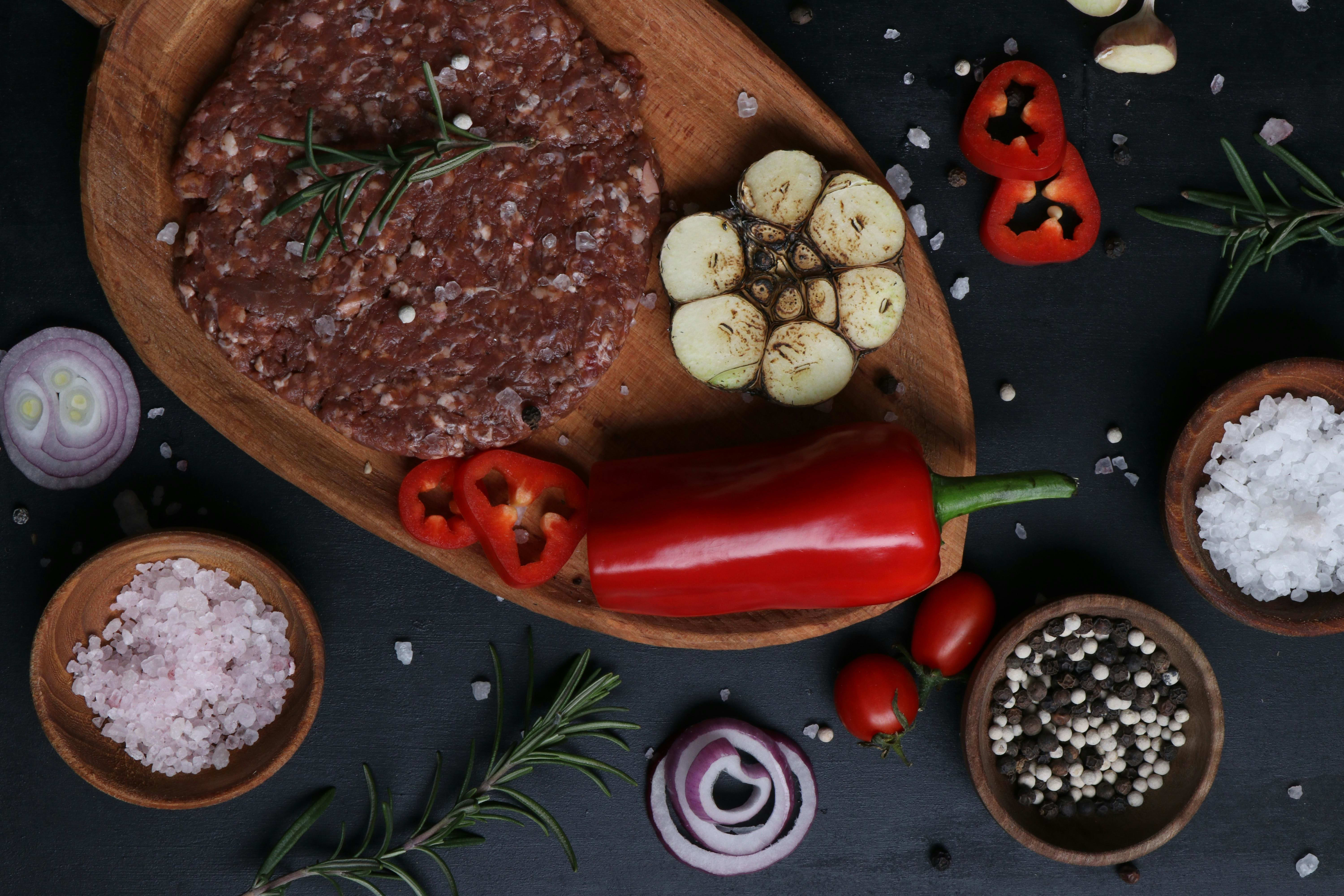

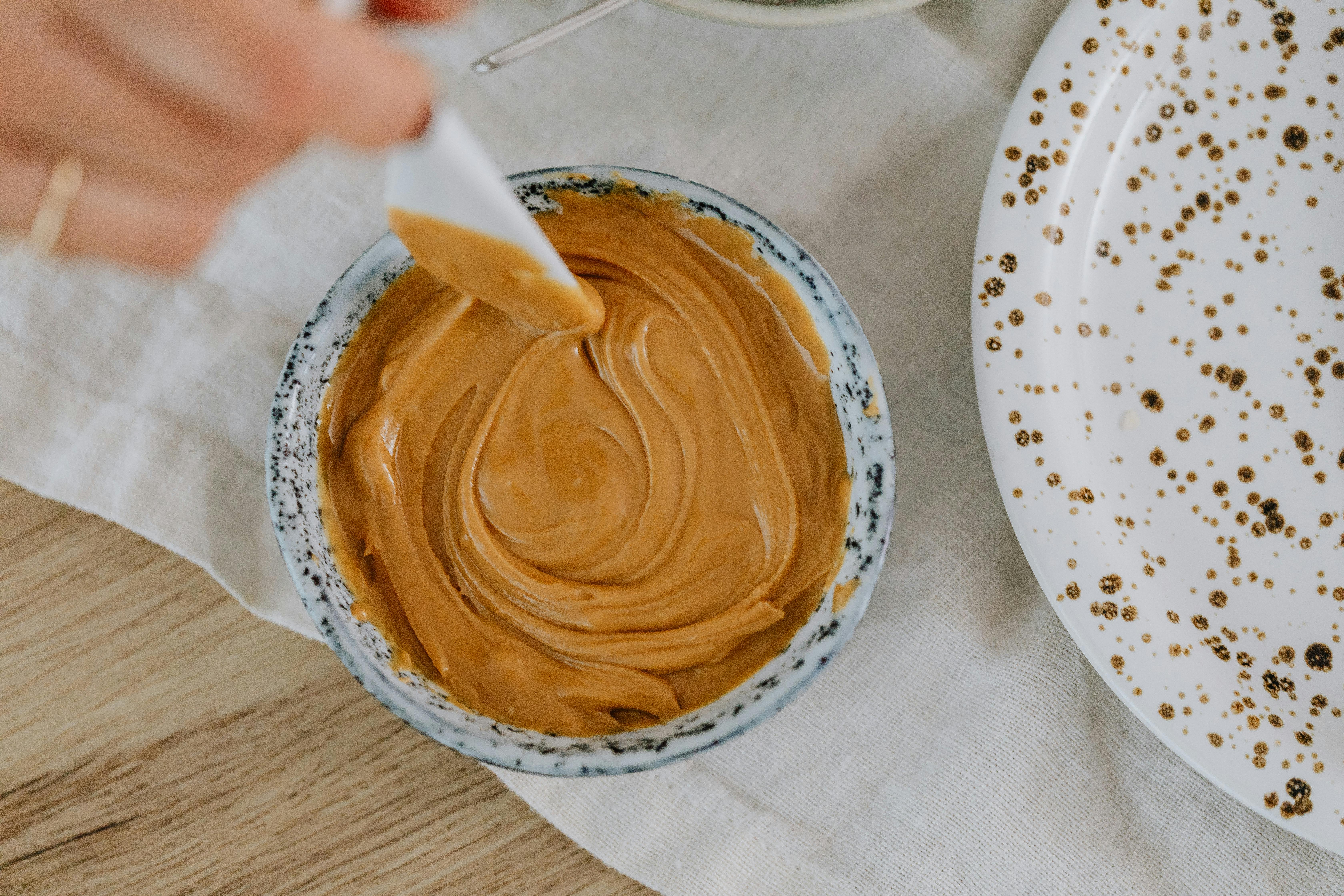

.jpg)
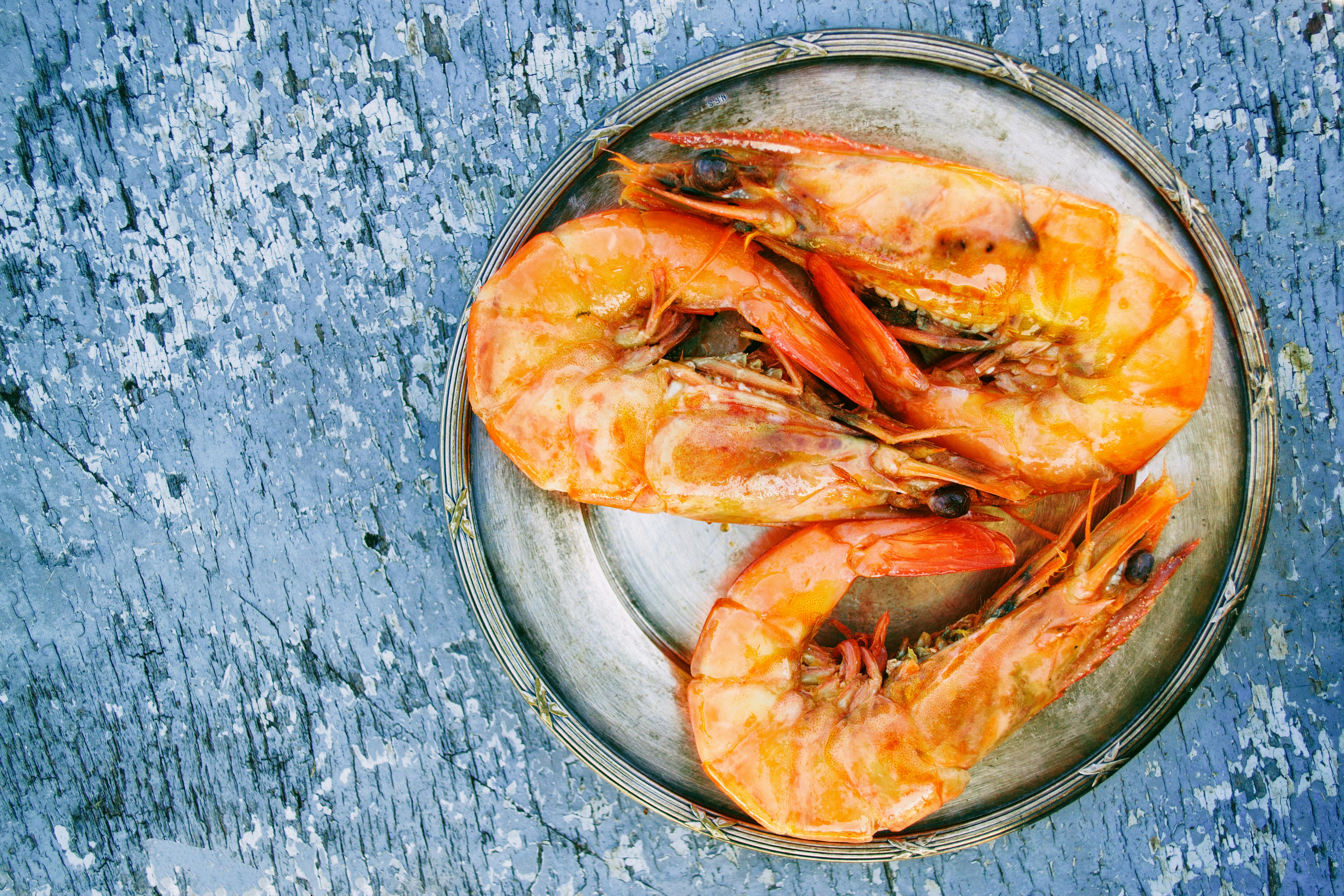

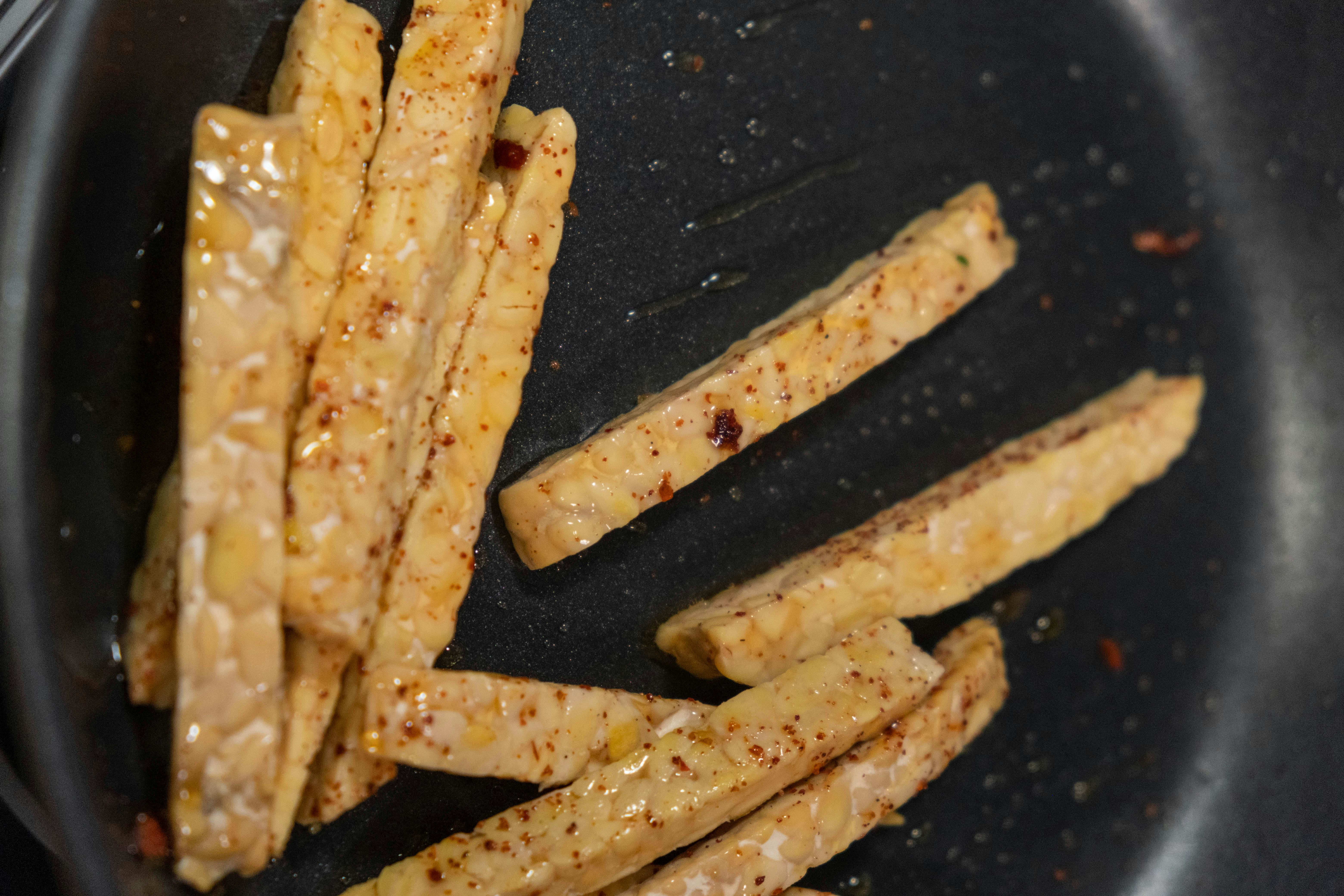

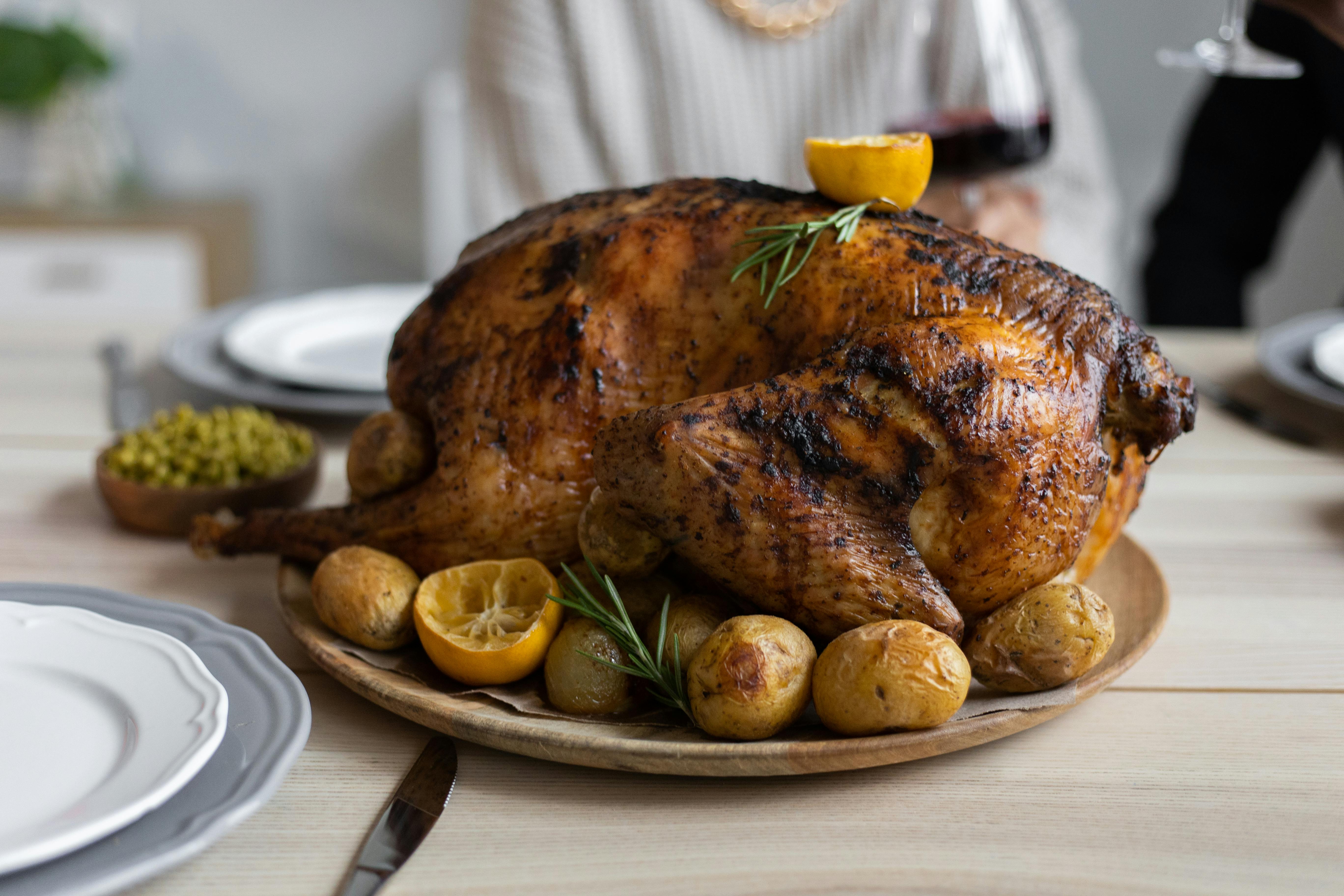
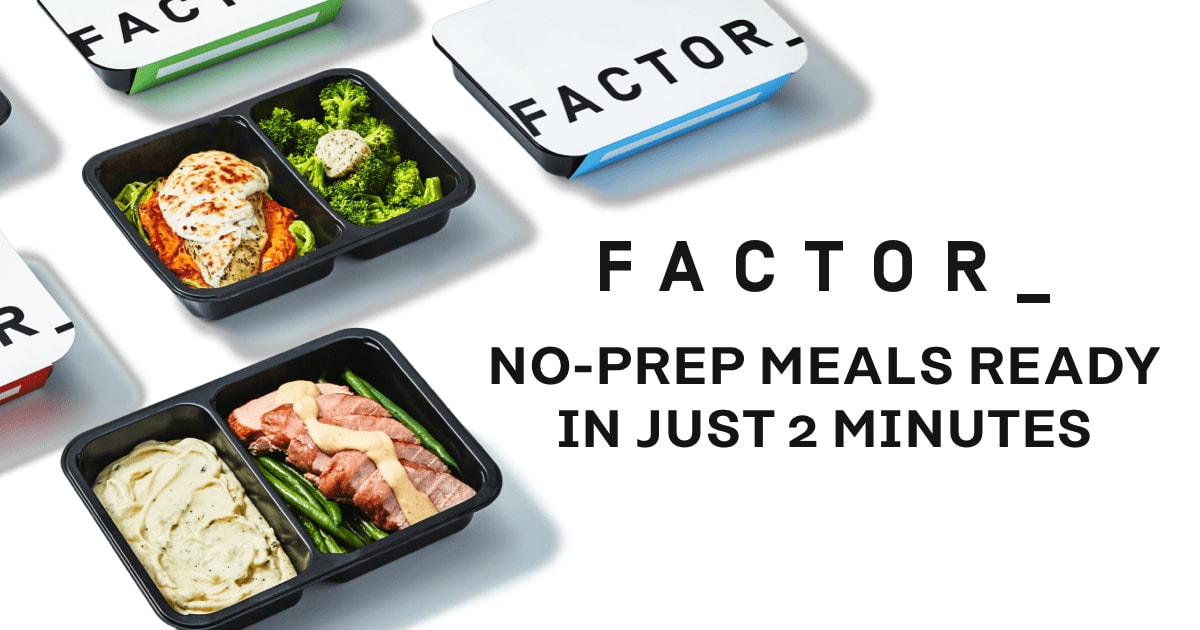
How Can Factor Help Meet Your Protein Needs?
At Factor, we're all about supporting your health and fitness goals, and we understand the pivotal role of protein in achieving them. That's why we're committed to providing high-quality, high-protein foods that are as delicious as they are nutritious.
Our team of culinary experts and dietitians work hand in hand to create delicious meals that are also rich in lean proteins. From our succulent salmon and lean chicken breast to our protein-packed plant-based options like quinoa and lentils, we've got your protein needs covered.
We also offer a dedicated Protein Plus meal plan designed for those who want to up their protein game. This plan includes meals specially crafted to be higher in protein, helping you build muscle, recover from workouts, and feel satisfied longer.